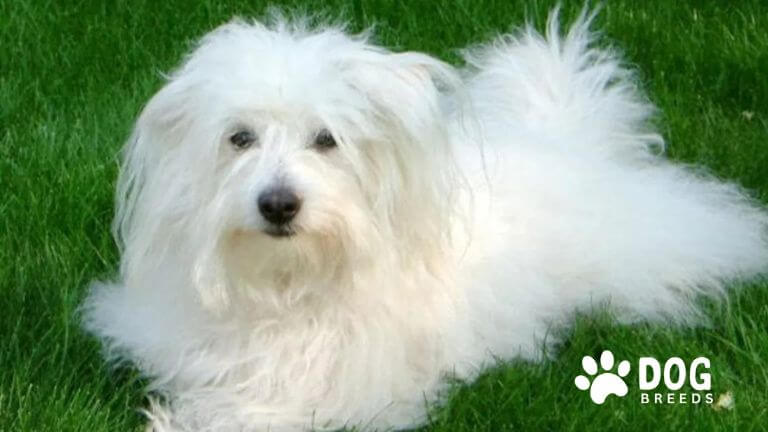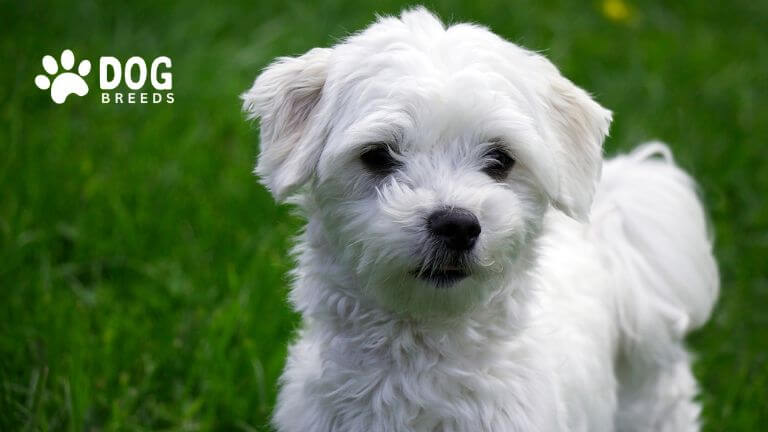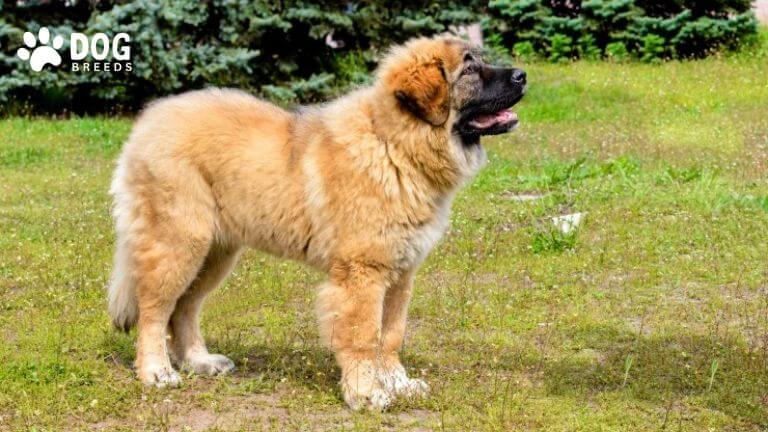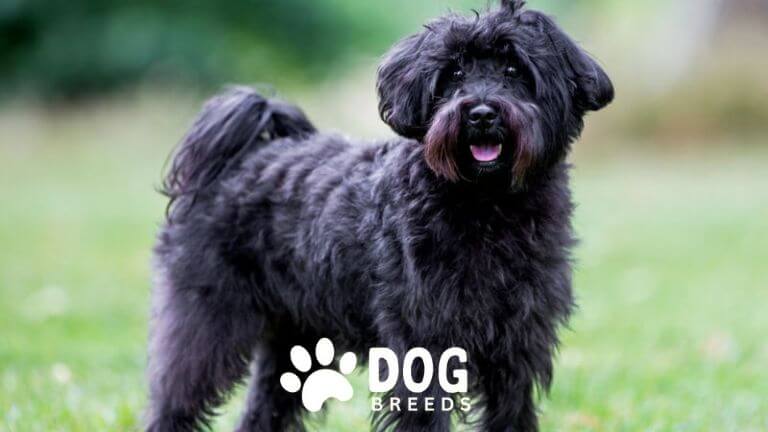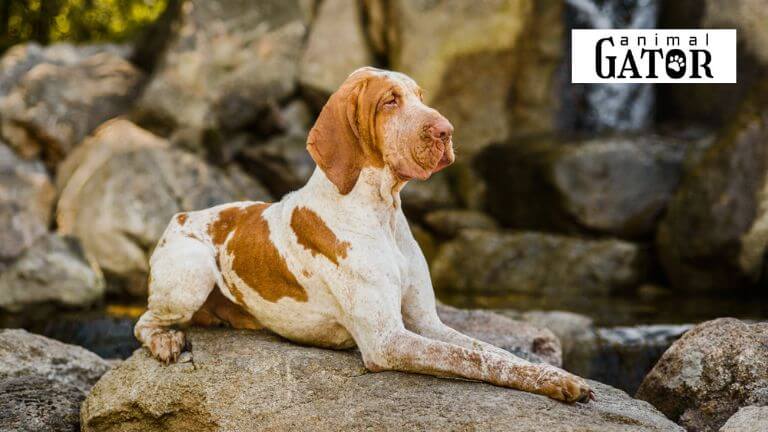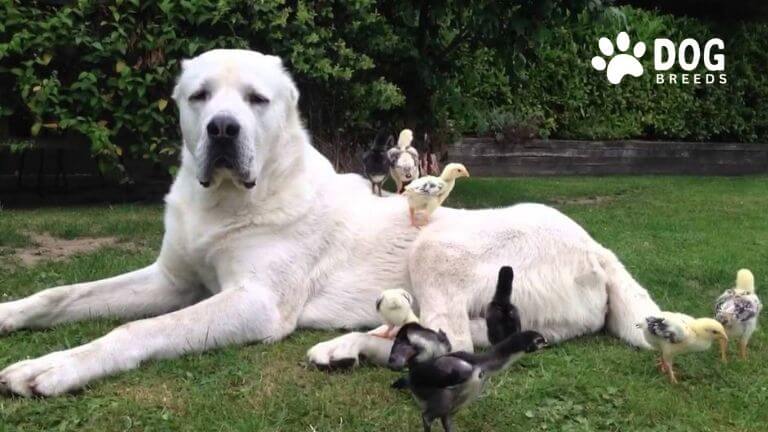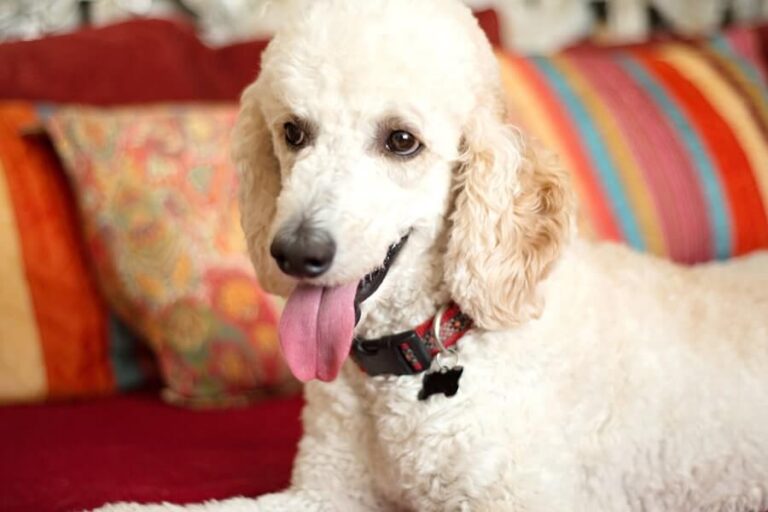Coton de Tulear Dog Breed: Care, Temperament, and Facts
The Coton de Tulear, often called the “Royal Dog of Madagascar,” is a beloved breed known for its fluffy white coat, playful personality, and unwavering loyalty. These charming little dogs have captured the hearts of families worldwide, making them a top choice for those seeking a friendly and adaptable companion.
Coton de Tulear Dog Breed Overview

| Origin | Madagascar; named after the port city of Tulear (now Toliara). |
| Group | Non-Sporting Group (AKC). |
| Size | Small; typically 9–11 inches (males) and 8–10 inches (females). |
| Weight | 8–15 pounds. |
| Lifespan | 14–19 years. |
| Coat Type | Long, fluffy, and soft, resembling cotton. |
| Coat Colors | Primarily white; may have slight shadings of gray, yellow, or tan. |
| Temperament | Intelligent, affectionate, playful, and sociable. |
| Energy Level | Moderate; enjoys playtime and short walks but not overly demanding. |
| Grooming Needs | High; requires regular brushing to prevent tangles and mats. |
| Common Health Issues | Generally healthy; may be prone to hip dysplasia, allergies, or eye issues. |
| Good with Children | Yes; gentle and great for families. |
| Adaptability | Highly adaptable; thrives in apartments or houses with proper care. |
The Coton de Tulear originated in Madagascar, where it served as both a companion and watchdog for the island’s aristocracy. The breed’s name comes from its cotton-like coat and the port city of Tulear. Their history as pampered companions continues today, with their popularity growing among dog enthusiasts.
Physically, Cotons are small dogs, standing 9 to 11 inches tall and weighing between 8 to 15 pounds. They have a distinctive, soft, and fluffy coat that feels like cotton, making grooming a priority. Their round, dark eyes and expressive faces add to their charm. The breed’s most notable feature is its hypoallergenic, low-shedding coat, which makes it ideal for allergy sufferers.
Personality and Temperament
Coton de Tulears are famous for their cheerful and affectionate demeanor. These dogs thrive on human interaction and form strong bonds with their families. They are known to be great with children, other pets, and even strangers, making them excellent family dogs.
The breed is intelligent and eager to please, which makes training relatively easy. Cotons are playful and energetic without being overly demanding, striking a perfect balance for families or individuals with moderate activity levels. They are also highly adaptable and can thrive in both apartments and homes with yards. However, they dislike being left alone for long periods and may develop separation anxiety without proper attention.
Care and Maintenance
The Coton de Tulear’s fluffy coat requires regular grooming to prevent tangles and mats. A daily brush and occasional baths will help keep their coat clean and soft. Routine grooming also ensures healthy skin and reduces the risk of infections.
While not highly active, Cotons need daily walks and playtime to stay healthy and mentally stimulated. Puzzle toys and interactive games are excellent for keeping their curious minds engaged. Training sessions should be fun and positive, as these dogs respond best to encouragement and rewards.
Health Considerations
The Coton de Tulear is generally a healthy breed with a long lifespan of 15 to 19 years. However, they can be prone to certain health issues, including:
- Luxating Patella: A condition where the kneecap slips out of place, causing discomfort or difficulty walking.
- Progressive Retinal Atrophy (PRA): A genetic disorder leading to vision loss.
- Canine Degenerative Myelopathy: A condition affecting the spinal cord, leading to hind-leg weakness.
Preventive care, such as regular vet visits, a balanced diet, and maintaining a healthy weight, can minimize these risks. Feeding Cotons high-quality, AAFCO-approved food with a protein content of around 30% is recommended. Probiotics, fish oil, and glucosamine supplements may benefit their digestive health, coat, and joints, but always consult a veterinarian before adding supplements to their diet.
Living Environment
Cotons are adaptable and thrive in various living situations. They do well in apartments, provided they get daily exercise and playtime. Their small size and easygoing nature make them ideal for urban living. However, they also enjoy having access to a yard where they can roam and play.
These dogs are happiest when they are with their families. They need a home environment that offers plenty of love and interaction. They are not suited for homes where they will be left alone for extended periods, as they crave companionship and may develop anxiety without it.
Conclusion
The Coton de Tulear is a delightful breed that brings joy, companionship, and warmth to any home. Their hypoallergenic coat, loving nature, and intelligence make them a perfect addition to families, singles, and seniors alike.
If you’re considering adding a Coton to your life, consult reputable breeders or shelters to find a healthy, happy pup. Speak with a veterinarian to ensure your home is ready for this wonderful breed. With proper care and love, your Coton de Tulear will reward you with years of loyalty and affection.
Interesting Facts and FAQs
Why is the breed called Coton de Tulear?
The name reflects their cotton-like coat and their origin near the port city of Tulear in Madagascar.
Are they good for first-time owners?
Yes! Their friendly nature, intelligence, and adaptability make them an excellent choice for new dog owners.
How much does a Coton de Tulear cost?
A Coton puppy from a reputable breeder can range from $2,000 to $4,000, depending on pedigree and location.
Are they hypoallergenic?
Yes, their low-shedding coat is hypoallergenic, making them suitable for allergy sufferers.
Do they bark a lot?
Cotons may bark at unfamiliar noises or movements but are not excessive barkers with proper training.
How much does a Coton dog cost?
The price of a Coton de Tulear puppy can range from $2,000 to $4,000 when purchased from a reputable breeder. This cost depends on factors such as the breeder’s reputation, the puppy’s pedigree, and location. Puppies with show-quality lineage or champion bloodlines may cost even more. Alternatively, adopting a Coton de Tulear from a rescue or shelter may cost around $300 to $600, covering vaccination and spaying/neutering expenses.
Why are Coton de Tulears so rare?
Coton de Tulears are considered rare because of their limited breeding population and historical isolation on the island of Madagascar, where they originated. Their numbers grew slowly due to controlled breeding by aristocrats in Madagascar and later through selective breeding programs internationally. The breed’s rarity is also linked to their relatively small litter sizes and the high standards breeders maintain for ethical breeding practices. Today, their availability remains limited compared to more common breeds.
Is Coton de Tulear a good family dog?
Yes, the Coton de Tulear is an excellent family dog. These dogs are affectionate, friendly, and great with children and other pets. Their playful yet gentle demeanor makes them ideal for households with kids. They thrive on companionship and adapt well to different living environments, including apartments and houses. Their intelligence and eagerness to please make them easy to train, further cementing their status as a top family-friendly dog breed.
What are the disadvantages of a Coton de Tulear?
While Cotons are charming and lovable, they have some disadvantages:
- Grooming Needs: Their fluffy, cotton-like coat requires daily brushing to prevent matting and tangles. Regular grooming appointments can be costly.
- Separation Anxiety: Cotons form strong bonds with their owners and may suffer from separation anxiety if left alone for long periods, leading to destructive behavior.
- Exercise Requirements: Though not overly active, they still require daily walks and mental stimulation to stay happy and healthy.
- Health Concerns: Cotons can be prone to issues like luxating patella, progressive retinal atrophy (PRA), and allergies, which may lead to ongoing veterinary costs.
- Initial Cost: Their high purchase price, due to their rarity, can be a deterrent for some prospective owners.
- Why Are Dalmatians Not Popular? Uncovering the Truth Behind the Rarity of This Iconic Breed - April 16, 2025
- Top 15 Chinese Dog Breeds: Discover the Best Dogs from China - April 14, 2025
- Dalmatian Dog Breed: History, Care, Personality & Health - April 3, 2025
